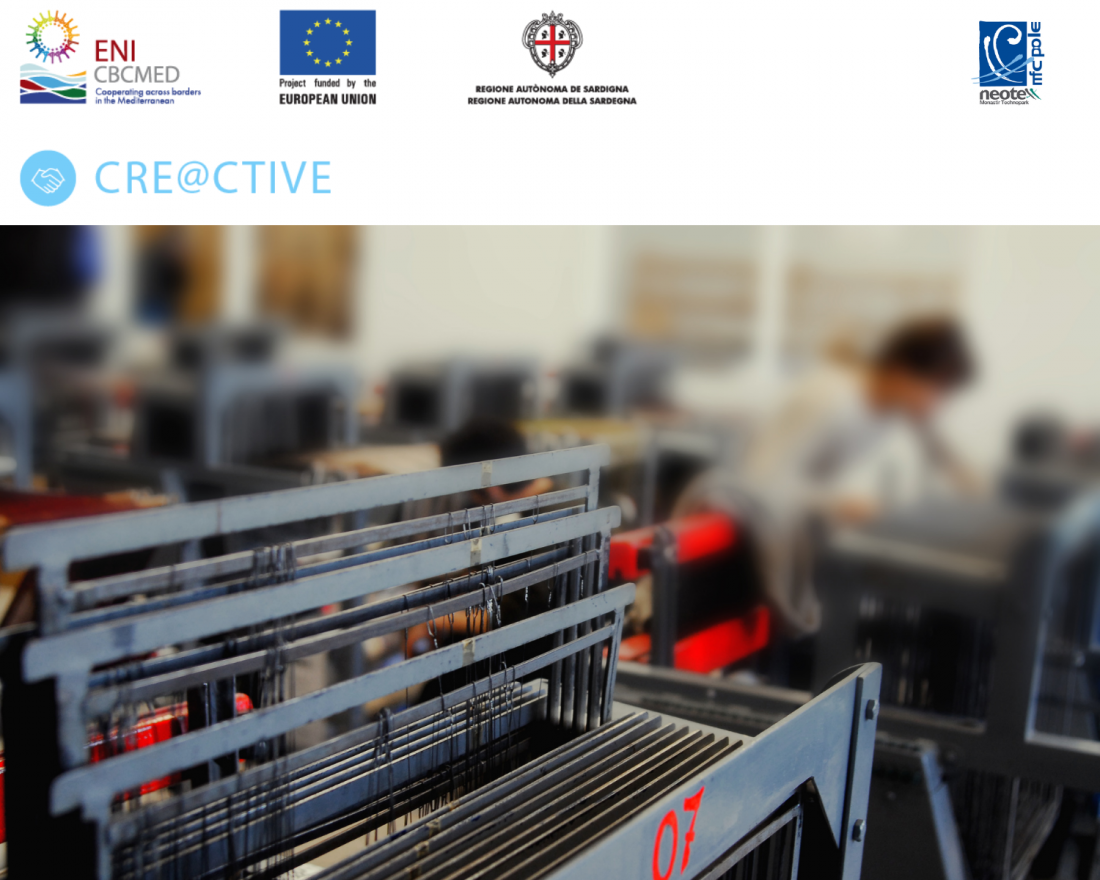CRE@CTIVE to help Tunisian traditional sectors regain their position as the EU’s fifth largest suppliers

Tunisia is not only culturally rich and home to some of Hollywood's blockbuster locations, such as Star Wars and Indiana Jones, but it is also one of the top 15 garment suppliers in the world. With the advantage of being close to the European market, Tunisia is the fifth-largest supplier and the leading trouser supplier for the EU.
The textiles and clothing sector in Tunisia is the largest industrial sector and is almost entirely export-oriented, with over 1,592 companies contributing 15% of the country's GDP in 2019. It is also one of Tunisia's largest employers, embracing over 158,000 people and contributing significantly to the national economy.
In contrast, the leather and footwear sector is less developed, with only 260 enterprises, 73% of which export entirely and employ approximately 40,000 people.
Mixed (Tunisian-foreign) ownership accounts for approximately 60% of all enterprises, employing 61% of the sector's workforce. Around 40% of all enterprises are entirely foreign-owned, with decisions made outside the country.
Tunisia's location is its most valuable asset, with its short delivery time, low labour costs, and familiarity with European mentality and work culture, making Europe its most important market, accounting for 96% of total textile and apparel exports, with France, Germany, and Italy accounting for 75% alone.
However, starting in the mid-2000s, the industry began to feel the pressure of growing Asian competition in the European market, and Tunisia's market share in the EU market began to decline. These difficulties were magnified by the 2011 political revolution and rising economic and social pressures. Nevertheless, as a result of the country's long-standing cultural and economic ties with several EU countries, it has maintained its position as a strong sector.
Unfortunately, following the first wave of the COVID-19 pandemic in 2020, the country's industrial production index fell. During the same time period, the manufacturing industry's added value fell by 27%, which can be explained by a decrease in the added value of the textile and clothing industries (-42% ). Moreover, the pandemic has reduced the value of Tunisian exports to the European Union, particularly knit, warp & weft, and jeans products.
As the pandemic continues into 2021, the Tunisian government is looking into post-COVID strategies and ways to restore Tunisia's industries to their former glory. The CRE@CTIVE project aims to support the recovery of traditional sectors by introducing innovative approaches in many areas of the supply chain, as well as cross-border cooperation through creative labs and a governance model.









